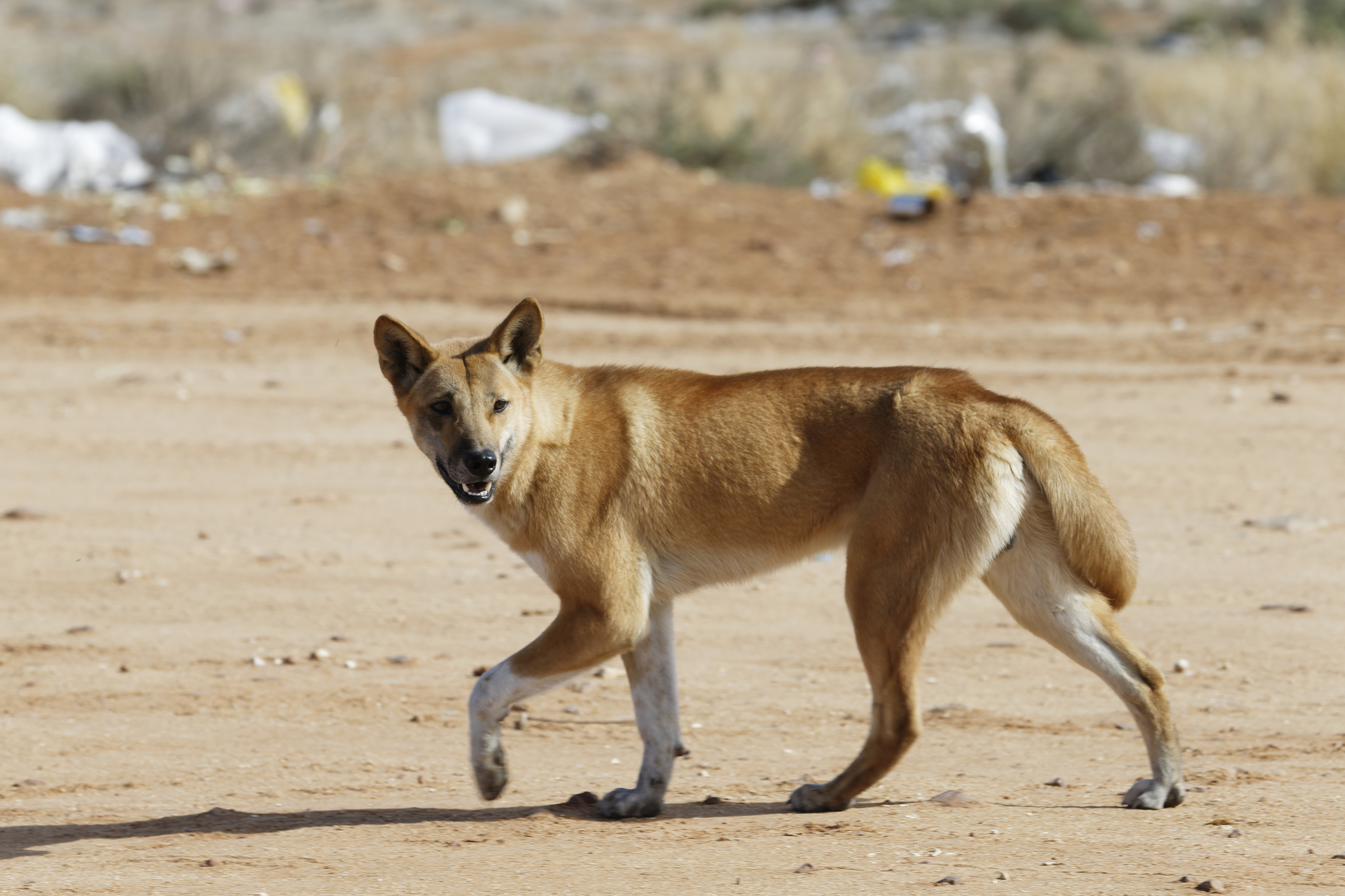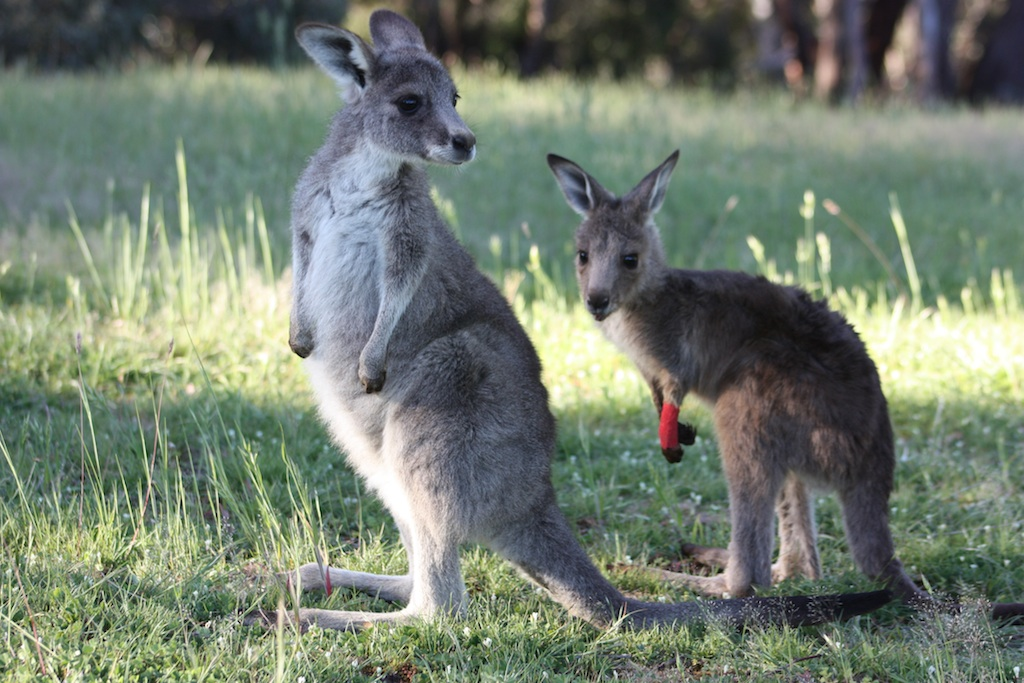Across Australia, dingoes are slowly being recognised for what they are: Australia's local apex predator with deep cultural significance and an important ecological role. Yet in many jurisdictions they continue to be subjected to widespread lethal control through baiting, trapping and shooting, due to policies that still classify them as pests or biosecurity threats. In 2023, Victoria ended...
This World Elephant Day (12 August 2024), Humane Society International (HSI) Australia, the International Fund for Animal Welfare (IFAW) and the Born Free Foundation are calling on federal, state and territory governments to shut down Australia’s domestic trade in ivory and rhino horn to protect wild populations of elephants and rhinos.
While trade in ivory across international borders has been banned, Australia still permits domestic trade in elephant ivory and rhino horn. That existing market creates a loophole for any poached ivory and rhino horn that enters Australia to be traded legally within our borders.
African elephants lost 96 per cent of their populations in the last century. Rhinos have crashed from 500,000 at the beginning of the 20th century to 27,000 today; and the western black rhino and northern white rhino are now extinct in the wild.
All three species of elephant and four of the five species of rhino are classified as at risk of extinction. The demand for ivory and horns—supplied through illegal poaching—is one of the drivers of this devastating decline.
“Domestic markets stimulate and legitimise demand for ivory and rhino horn, encouraging the illegal killing to continue and edging the species closer to extinction,” said Dr Megan Kessler, HSI Australia Nature Campaigner.
“It’s been nearly five years since all state, territory and the federal government made a commitment to ban Australian domestic trade in ivory and rhino horn, but nothing has been done.”
“That’s why this World Elephant Day, we are asking governments across Australia to take The Elephant Pledge and implement their commitment to the ban.”
Rebecca Keeble, Regional Director – Oceania at IFAW, said it had been six years since IFAW’s report revealing the extent of ivory trade through Australian auction houses—Under the Hammer—had prompted a Parliamentary Inquiry and the resulting recommendation to ban Australia’s domestic ivory trade.
“It’s time for our state and federal governments to come good on their commitment. Many other countries such as China and the UK closed their domestic ivory markets years ago. Australia needs to address this issue now,” Ms Keeble said.
Gabriel Fava is the Senior Policy Advisor for the Born Free Foundation. “We don’t immediately think of Australia when we think of rhinos or elephants, but closing this market is an important measure that Australia can take to make a real difference to these magnificent if beleaguered species,” he said.
“The killing has continued since the 2019 commitment was made, and shutting down the trade should not be put off any longer. It’s time.”
The Elephant Pledge
By taking The Elephant Pledge I commit that my government will:
- Give the Australian Government the power to enact national legislation that ensures a consistent and comprehensive ban on domestic trade in ivory and rhino horn across the country.
- Develop legislation in our jurisdiction to support this ban, where necessary.
- Work to deliver a comprehensive national domestic trade ban in ivory and rhino horn by next year’s World Elephant Day – 12 August 2025.
“Every year that we fail to ban domestic trade in ivory and rhino horn, is another year where more elephants and rhinos are senselessly slaughtered. It’s time for Australia to step up and do its part in the global effort to stop the trafficking of elephant and rhino body parts,” Dr Kessler said.
“We know that 75 per cent of Australians already support us in this call. World Elephant Day is the ideal time for people to use their voice and call on our governments to support The Elephant Pledge.”
More information about The Elephant Pledge is available at: https://hsi.org.au/TheElephantPledge
Image Credit: Cathy Smith


